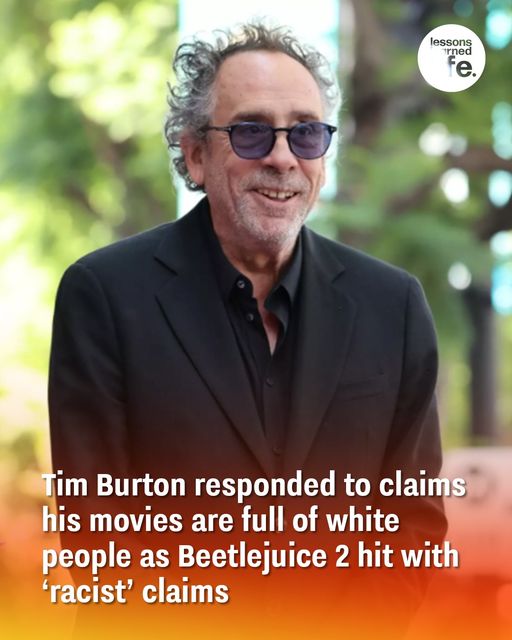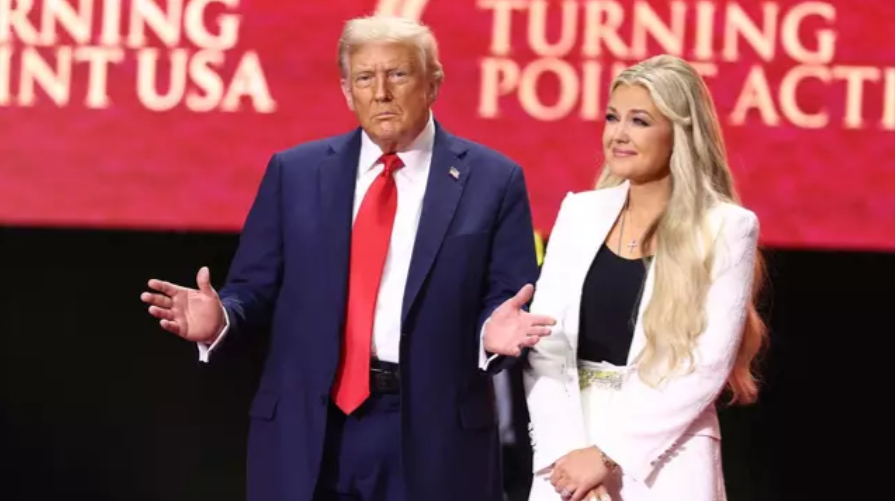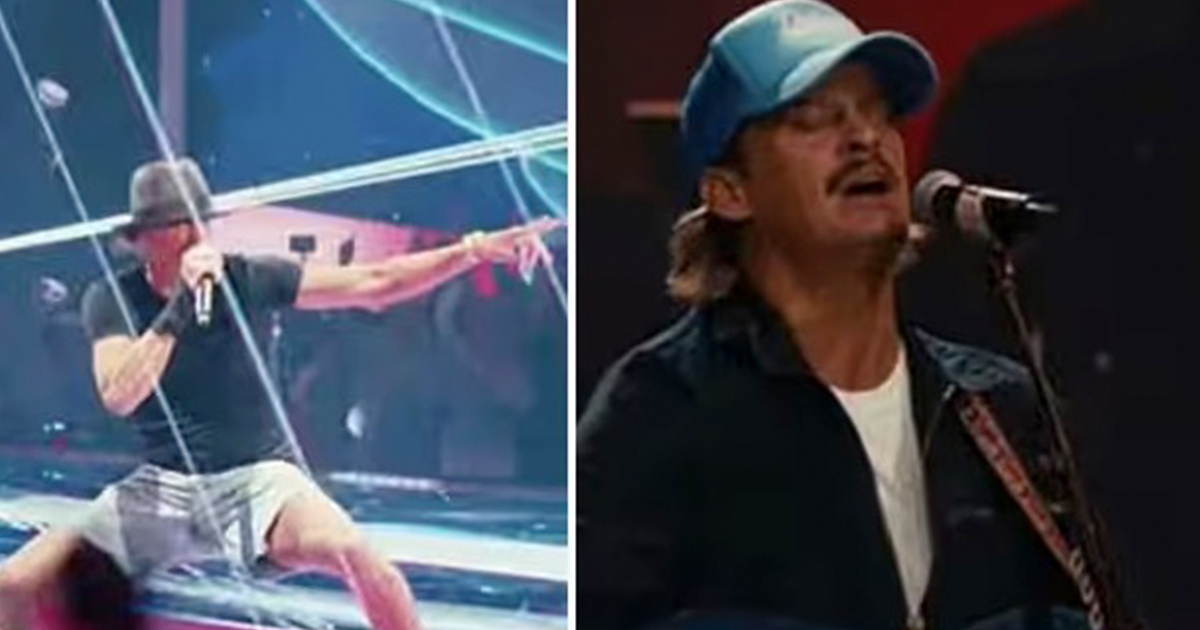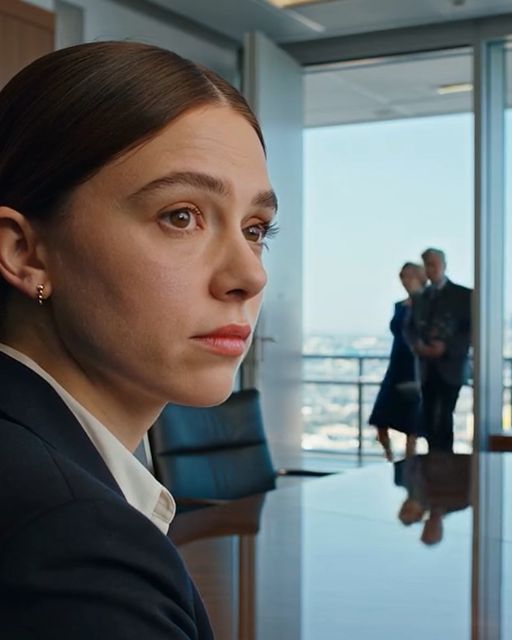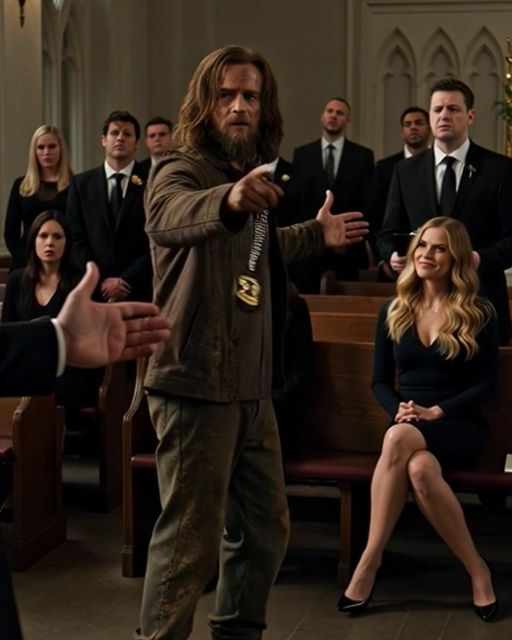Tim Burton has addressed claims that his movies predominantly feature white casts, as fresh accusations of racism emerge with the release of Beetlejuice 2.
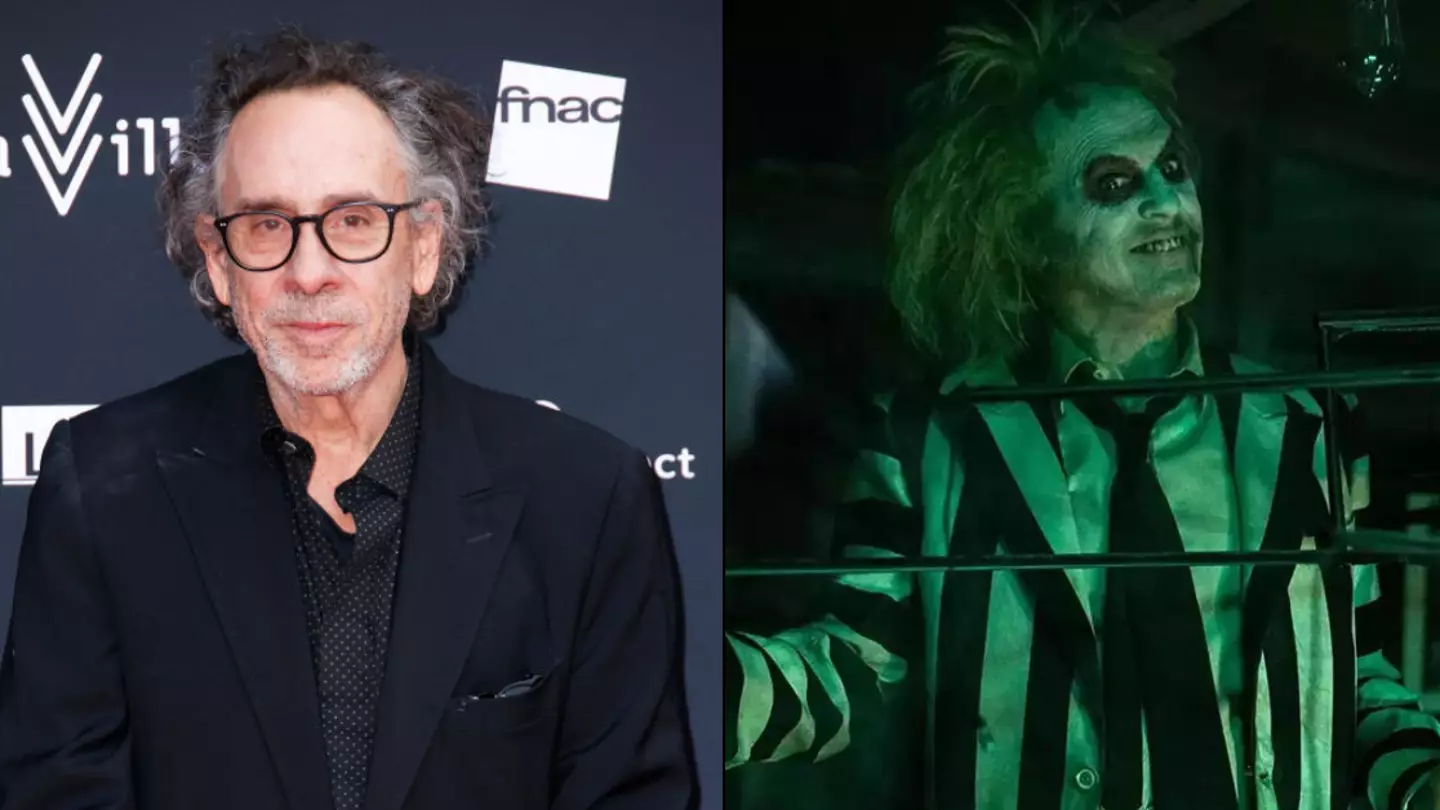
Tim Burton’s Career Faces Continued Scrutiny
The acclaimed filmmaker, known for beloved titles like Edward Scissorhands, Corpse Bride, Alice in Wonderland, and Charlie and the Chocolate Factory, has long been critiqued for a seeming lack of diversity in his cinematic casts.
Recently, a scene from the Beetlejuice sequel has reignited these discussions, with some people calling the content ‘unnecessarily racist’.
Concerns regarding Burton’s films and their portrayal of race have surfaced before. For example, back in 1993, during the release of The Nightmare Before Christmas, screenwriter Caroline Thompson discussed her discomfort with the character Oogie Boogie. She noted that Oogie Boogie, voiced by Black actor Ken Page, was a term used derogatorily against African Americans in the Southern United States.
On the Script Apart podcast, Caroline Thompson shared, “I begged the powers that be to change something about that character, as ‘Oogie Boogie’ is an offensive term in the American South. I said it was ugly, dangerous, and contrary to everything I stand for. Unfortunately, I did not win that battle.”
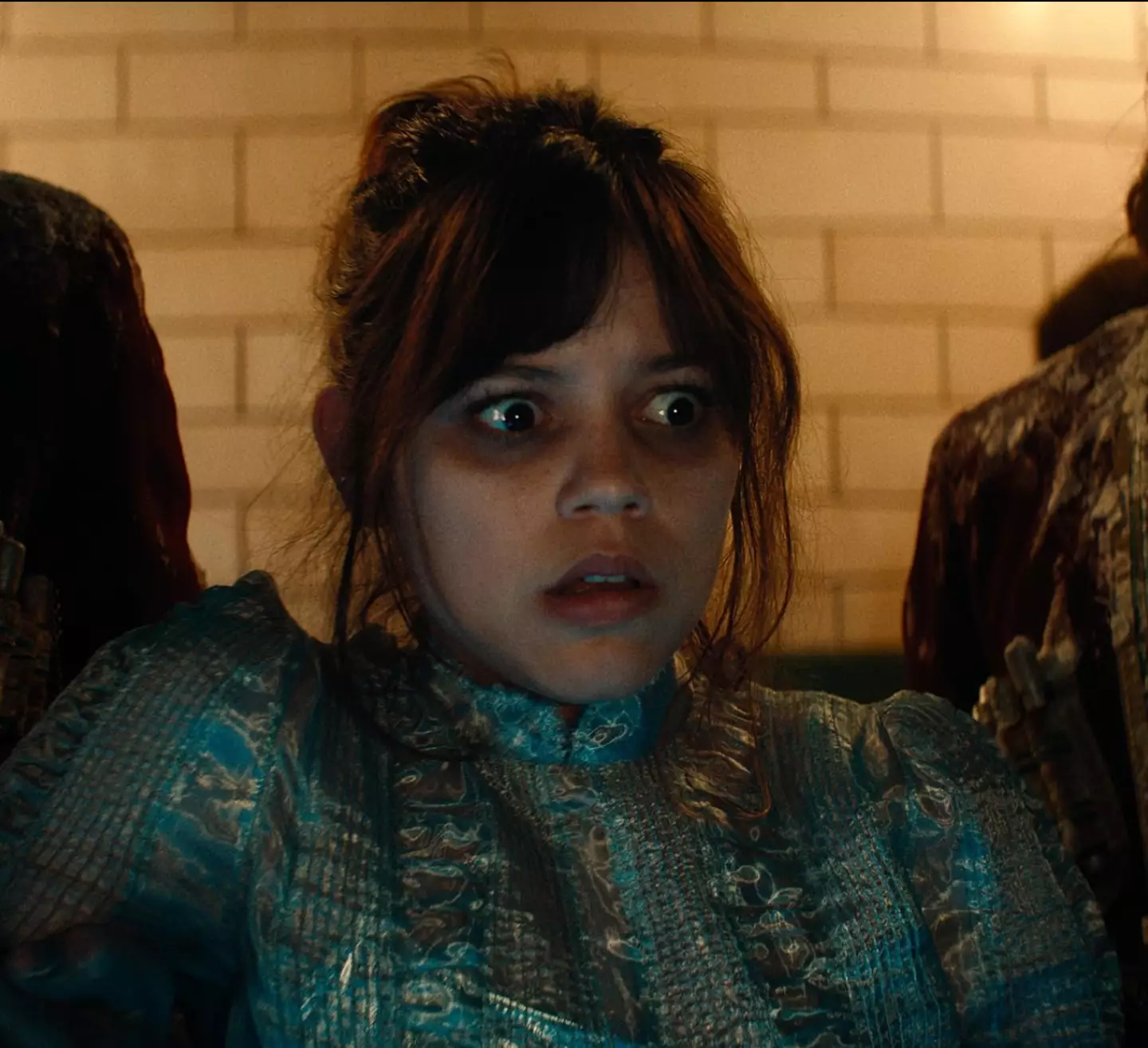
Controversial Scene in Beetlejuice 2
Fast forward to 2024 and Beetlejuice 2, viewers saw the character Astrid Deetz, played by Jenna Ortega, board the ‘Soul Train’. This caused outrage on social media, where users labeled the scene as racist and confusing. One commenter expressed, “I’m glad people are calling out Beetlejuice 2 for its racist portrayal. The only time black people are shown is for a ‘Soul Train’ joke,” despite conceding they enjoyed the movie overall.
A TikTok user also criticized the scene, describing it as ‘in your face and obvious’ in its racism, which left them uncomfortable.
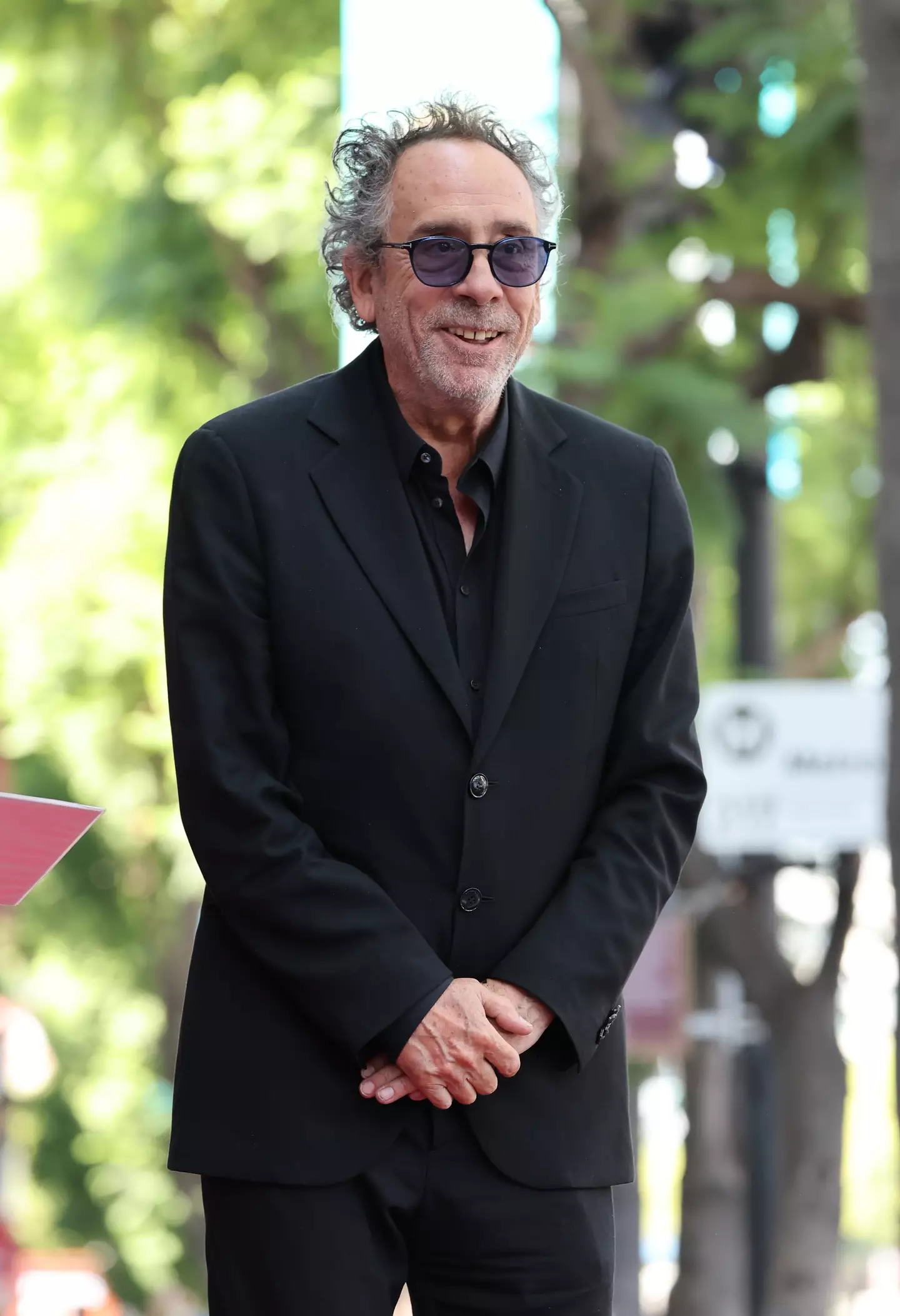
Burton’s Response to Previous Criticism
Back in 2016, during criticism surrounding Miss Peregrine’s Home for Peculiar Children, Burton addressed the backlash over his casting decisions. Reflecting on how viewpoints have changed over time, he said, “Nowadays, people talk about it more. I remember watching The Brady Bunch as a child, and they started to get politically correct by adding an Asian child and a Black child. That offended me more than anything. I grew up watching blaxploitation movies and thought they were fantastic. I never felt the need to see more white people in these films.”
Efforts have been made to contact Burton’s representatives for further comment on the latest controversy.
This ongoing dialogue about representation in Tim Burton’s work reminds us of the significance of diverse and respectful portrayals in media.
